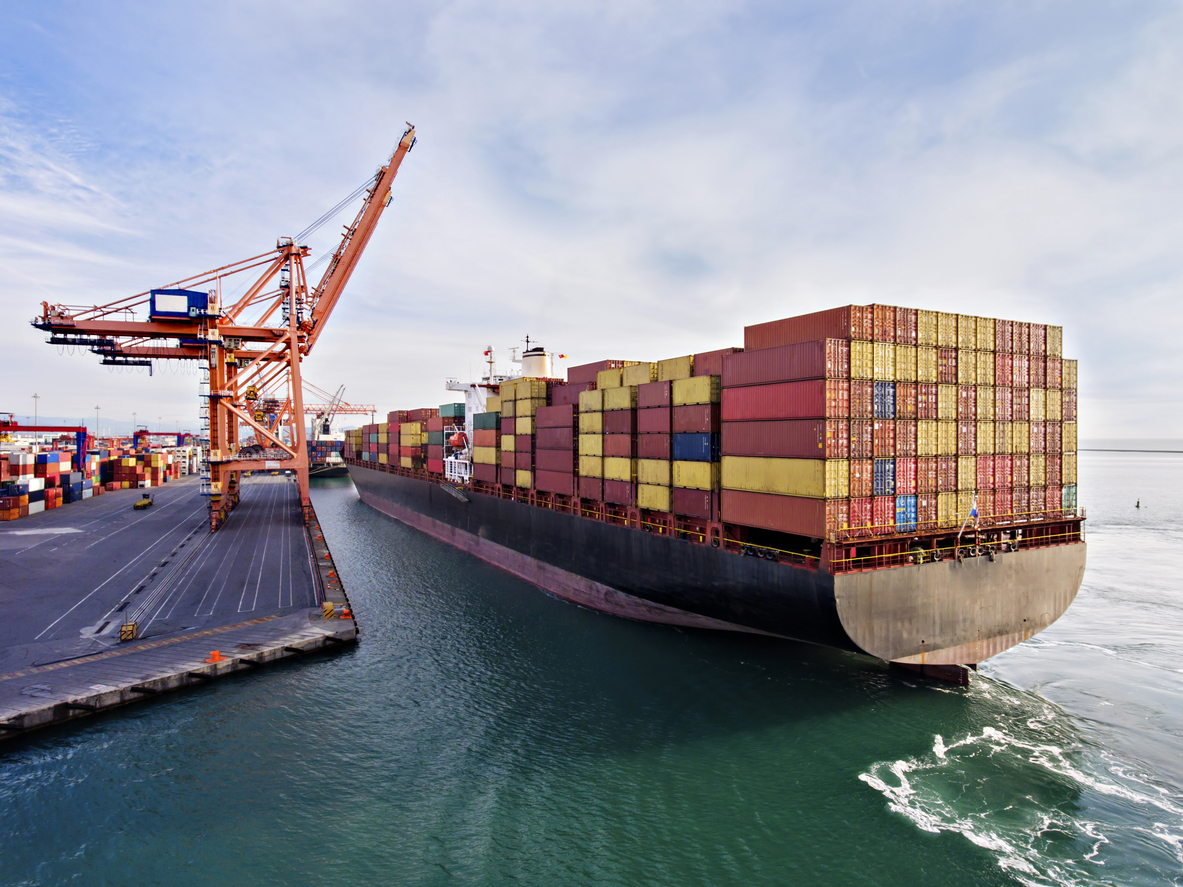
IMO 2020: Emissions Ruling
March 13, 2020
The commercial maritime industry experiences regulatory governance on an international scale, and from numerous regulatory entities. These regulations have evolved over time to reflect new understanding, especially when it comes to protecting the marine environment. One of the most significant regulatory changes that will impact the marine industry is that of IMO 2020, a ruling by the International Maritime Organization (IMO) that governs fuel emissions. Commercial marine insurance is designed to protect maritime operations from a range of risks, but it is imperative that business owners understand the ramifications of IMO 2020 and what this new emissions ruling means for reducing environmental and operating risks.
What is IMO 2020?
The International Maritime Organization’s groundbreaking emissions ruling, known throughout the maritime industry as IMO 2020, sets limits on certain emissions from the use of marine fuels. The organization, an agency of the United Nations, is tasked with the safety and security of commercial shipping as well as the prevention of pollution by vessels in the commercial sector.
IMO 2020 went into effect on January 1, 2020. This new regulation set a global sulfur cap for marine bunker fuels, dramatically reducing allowable limits of this harmful marine fuel substance. Sulfur is a naturally-occurring substance in crude oil. When fuel containing sulfur is combusted, it releases emissions in the form of sulfur oxides, which are responsible for acidification of ocean environments as well as a range of health concerns for humans and wildlife. Just as commercial marine insurance provides coverage against shipping risks, reducing harmful emissions can be seen as a powerful risk management practice, protecting the environment against dangerous pollutants.
The IMO first began regulating sulfur content levels in 2005, gradually tightening allowable limits. Under previous regulations, the limit of 3.5 weight percent (wt%) of sulfur was allowed. When IMO 2020 took effect, the limit was reduced to 0.5 wt%. This represents the largest single sulfur content reduction in any transportation fuel. As can be imagined, the regulation has greatly affected the shipping industry, which is responsible for about half of all global fuel oil demand.
How Will IMO Affect the Maritime Industry?
Vessel owners and shipping companies have already begun to feel the effects that IMO 2020 has created. In particular, costs have risen in both fuel expenses as well as in overall costs of oceangoing freight. These costs are expected to stabilize eventually as more refineries streamline their processes to ensure compliance.
Rising costs are only part of the picture, however; as refineries and shippers have adapted to the changes, both pricing and availability of IMO 2020-compliant fuels have hampered operations. This disruption could be felt as early as mid-2019, months before the new regulation took effect.
Exploring Alternative Marine Fuels
Although oil refineries have stepped up the production of low-sulfur bunker fuels for the maritime industry to meet demands, pricing and availability remain concerns. To hedge against price hikes and spotty availability – and to protect against further tightening of sulfur emissions regulations, shipping companies around the world are exploring alternative fuels. Ships equipped with onboard scrubbers may still opt for high sulfur fuel oil (HSFO), but these scrubbers are both complex and expensive. Alternative fuels, then, have become highly desirable. These fuels include:
- Marine gasoil (MGO)
- Very low sulfur fuel oil
- Liquefied natural gas (LNG)
In general, these fuels burn cleaner, reducing the levels of emissions produced by the shipping industry. These alternative “clean” fuels are also especially useful in waters designated as Emission Control Areas (ECAs). Unfortunately, not all ships can accept such fuels, and ship owners must often make hard decisions whether to retrofit ships, adopt scrubbers, or scrap the vessels entirely in favor of multi-fuel shipping options. Of course, these considerations have also served to drive up costs.
Commercial marine insurance is only one of many ways that vessel owners and businesses in the maritime industry protect against expected and unforeseen risks. The dynamic nature of the marine industry and the myriad regulations that govern it keep business owners on their toes. By understanding the ramifications of IMO 2020, ship owners can better protect their interests while helping to keep fuel and overhead costs within control. IMO 2020’s effects on the environment will be long-lasting. With insurance protection and adoption of environmentally-friendly solutions, shippers can also do their part to protect the world’s waters
About Merrimac Marine Insurance
At Merrimac Marine, we are dedicated to providing insurance for the marine industry to protect your clients’ business and assets. For more information about our products and programs, contact our specialists today at (800) 681-1998.
